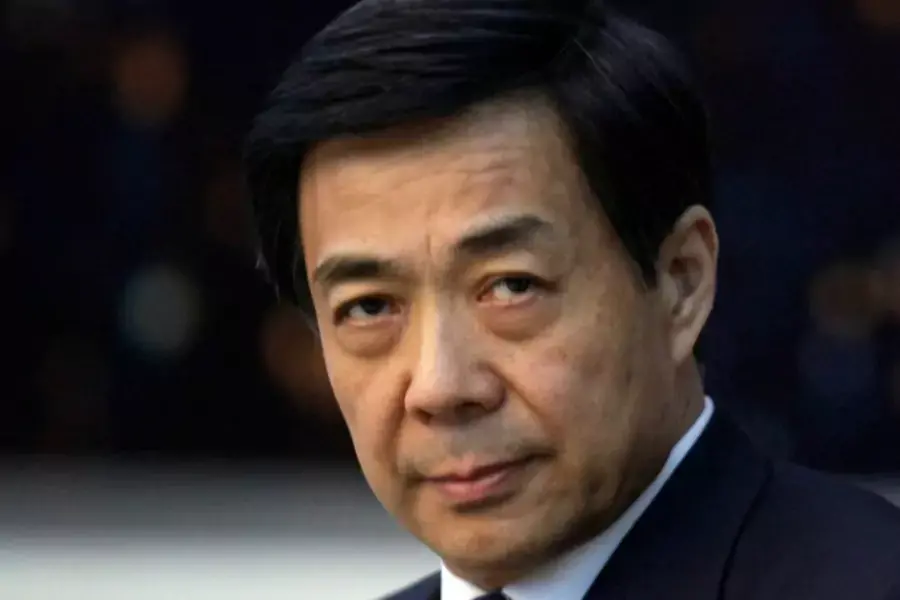Friday Asia Update: Top Five Stories for the Week of July 26, 2013

More on:
Sharone Tobias and Will Piekos look at the top five stories in Asia this week.
1. Bo Xilai indicted on corruption charges. Former Chinese Politburo member and party boss of Chongqing Bo Xilai was charged with corruption, abuse of power, and accepting bribes on Thursday, according to state media. He was indicted by prosecutors in the eastern city of Jinan, where the trial will be held; a final judgment is expected within the month. One newspaper estimated that Bo was accused of bribery and embezzlement amounting to $4 million, and analysts suggest he might face a prison sentence of fifteen to twenty years. Bo’s wife, Gu Kailai, was given a suspended death sentence last year for the murder of British businessman Neil Heywood.
2. U.S. planes jettison bombs near Great Barrier Reef. U.S. jets were forced to drop four unarmed bombs off of Australia’s coast after a training exercise was aborted for safety reasons. The aircraft were unable to land loaded and thus had to dump their payload. According to the U.S. Navy, the incident did not pose a danger either to the reef or to shipping, though the incident has angered environmentalists. The training was part of joint U.S.-Australian military exercises.
3. GSK replaces China chief amidst allegations of corruption. The Chinese government alleged this month that British drug maker GalxoSmithKline (GSK) bribed hospitals, doctors, and health officials. GSK appointed Herve Gisserot, a top European executive, as the new head of operations in China, but insisted that there were no allegations of wrongdoing directed specifically against outgoing head Mark Reilly. CFR Senior Fellow Yanzhong Huang writes this week that the GSK scandal is a warning that multinational pharmaceuticals will now face a much more difficult business environment in China.
4. Wikileaks founder to run for Australia’s Senate. Julian Assange, the founder of Wikileaks, inaugurated a new political party in Australia bearing his organization’s name in a bid to run for the Australian Senate. Assange has been living in the Ecuadorean Embassy in London for more than a year to avoid extradition to Sweden, where he faces charges of sexual assault. Assange rose to global prominence after leaking 250,000 U.S. State Department cables in 2010 with the help of U.S. soldier Bradley Manning, who is currently facing multiple charges in military court, including aiding the enemy.
5. Caroline Kennedy to be nominated U.S. ambassador to Japan. U.S. President Barack Obama said he will nominate Caroline Kennedy to be the next U.S. ambassador to Japan, handing the post to one of his most high-profile supporters. Though she has never served in government and has no experience with Japan, some experts suggest that her close connections to the White House make her an ideal candidate for the position. Her appointment comes at a sensitive time in regional relations, as Japan and China continue to wrangle over the Senkaku/Diaoyu Islands in the East China Sea.
Bonus: Pizza Hut discontinues salad bar in China after customer corruption. Pizza Hut patrons in China, confined by the chain’s one-plate rule for salad bars, have created engineering feats to fit as much salad as possible on a single plate. This photo essay shows Chinese ingenuity at its finest.
More on:
 Online Store
Online Store
